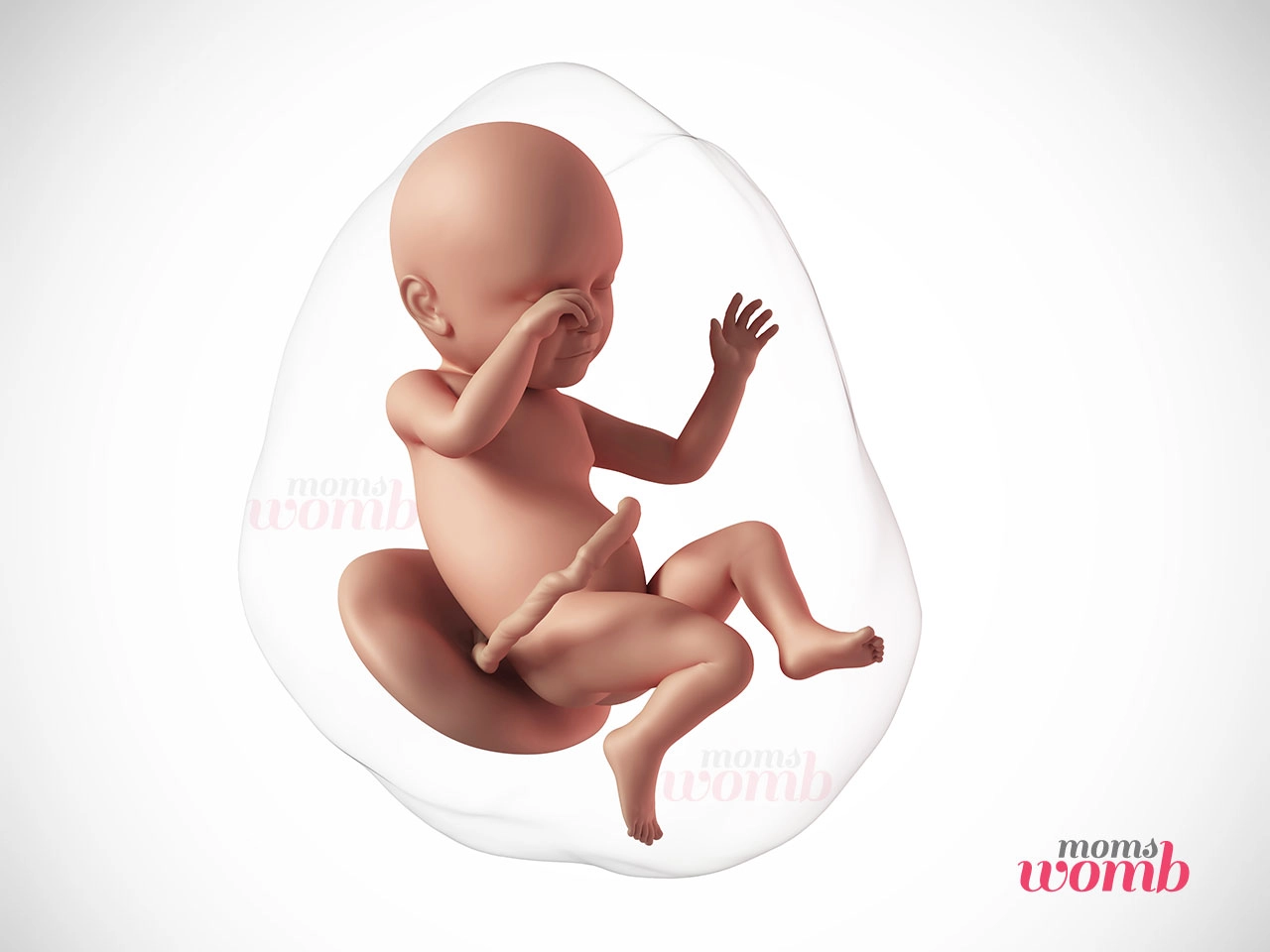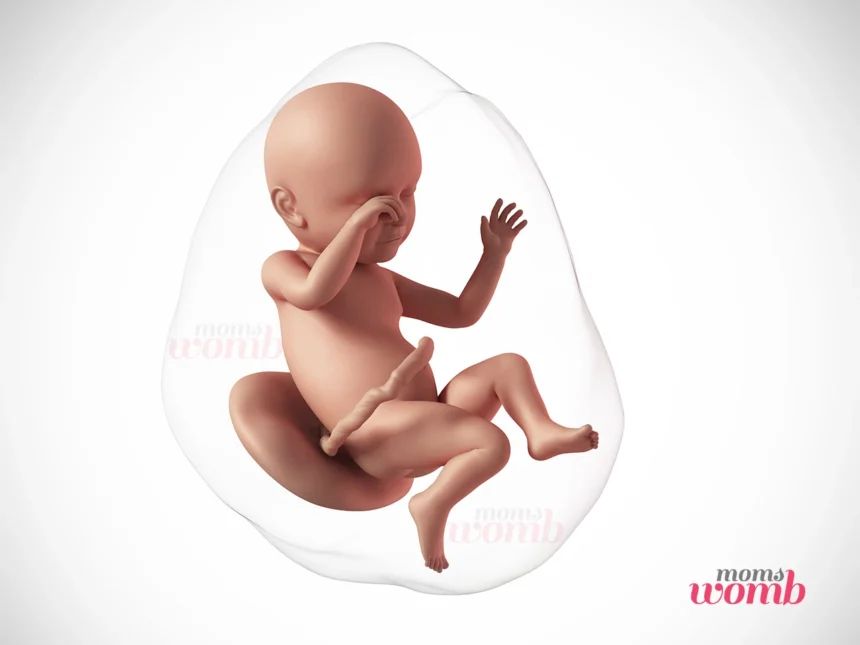It’s time to take enough rest at 39 weeks pregnant, prepare for the baby, and consider the future! There is only one week to go! You are already considered full-term, so you can deliver the baby anytime. As your uterus is highly stretched to accommodate your growing baby, there is very little space available for the baby to move around. Lack of space in the uterus can cause very few fetal kicks and movements. Not only is the baby crammed, but your internal organs have very little room to grow as well.
You may have more frequent prenatal visits from this week on, which are 2-3 times a week until the delivery. During each visit, your care provider will perform an abdominal exam to check the baby’s position and his or her overall wellbeing.
Symptoms experienced by a 39 weeks pregnant woman:
Most of the pregnancy discomforts that you are feeling now have already appeared during the earlier weeks, such as constipation, hemorrhoids, swelling, heartburn, indigestion, increased urination, and varicose veins.
When you are 39 weeks pregnant, you may feel clumsy, huge, and highly uncomfortable. Your due date is only a few days away, and it is normal to feel excitement, fear, or even both about labor. There are lots of questions running through your mind, such as, “Will everything be okay or will it hurt you a lot?” These anticipations will develop, and the day may feel exceptionally long.
Breathing will become even more difficult during pregnancy week 39 as there is very little room for the lungs. Your stomach has also very less space, so you are able to eat smaller meals several times a day rather than a usual meal.
Physical changes that occur:
For 39 weeks pregnant women, it is especially important to watch for the labor signs. Remember that there is no need to panic every time you experience a jerk in your belly. You may already be very aware of those false labor contractions and how they are different from true labor pains.
No problem, even if you don’t know how false labor and true labor pains are different from each other. Here you will know:
False labor contractions cause pain in your lower abdomen, whereas true labor contractions begin with intense pain in your lower back and gradually radiate around the abdomen. False contracts are irregular, and they come and go. Also, they subside when you change positions. But real contractions continue to increase in severity, and they won’t subside even if you change positions or do something else.
Also, you should pay attention to mucus passages or water breaks. If you don’t observe any of these things happening to you, don’t worry because only five percent of women give birth on their specified due date. Concentrate more on the activities you enjoy and don’t think about the labor too much, as you will surely know when it comes.
Taking enough rest and also taking frequent naps during the day is very important because you may not have sufficient sleep at night.

Fetal changes that occur in a 39 weeks pregnant woman:
When you are 39 weeks pregnant, the baby is 21.5 inches long and weighs up to 7 pounds. The development of all the baby’s organs is complete, and now the baby is perfectly ready for life outside the womb.
You may notice a slight difference in your baby’s heartbeat, and you can notice this during your 39-week weeks pregnant ultrasound. Now the 39-week-old fetus almost looks like a newborn.
Baby’s fingernails now extend beyond the fingertip. The lungs are almost well developed, and the fat deposition continues until birth.
The baby is now facing downward in almost all pregnant women, including first-time mothers-to-be. Dropping means that the baby’s head will move a little down into the pelvis, almost to the birth canal.
It will be difficult to give birth vaginally if the baby is in the head-up position. Usually, this position is called the “breech position.” Even with the head-up position, you can consider vaginal birth, but only under the supervision of an expert obstetrician. In this case, most doctors will recommend a cesarean section.
Make sure to pay attention to the baby’s movements. If you notice any sudden decrease in your baby’s movements, immediately call your care provider. symptoms of pregnancy
What care should be taken by a 39 weeks pregnant woman?
Standing or sitting for fewer hours, taking enough rest, avoiding strenuous activities, and relaxing for most of the time will make the labor process easier.
Most women are concerned about delivering a much larger baby through the small birth canal. During pregnancy, your vaginal muscles can easily stretch and accommodate space for the baby to enter the outside world.Pregnancy complications
In case the baby is not fitting properly or there is too much tearing of the vaginal area, the doctor can perform a procedure called an episiotomy. During this procedure, an incision is made between the vagina and anus. Most obstetricians use this procedure to avoid excessive splitting.
Women who do not want this procedure can consider getting a perennial massage before giving birth. This massage helps to stretch the muscles around this sensitive area. Pregnancy
Have a wonderful pregnancy journey! Go on to know more about the exciting things during pregnancy week 40…









